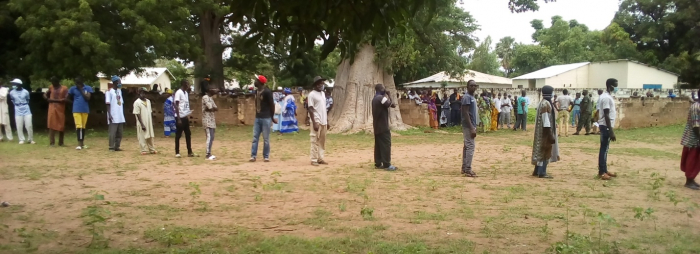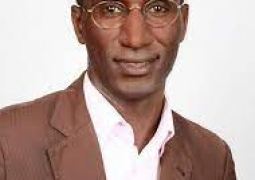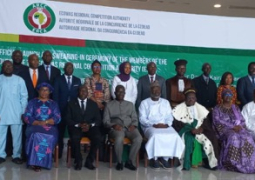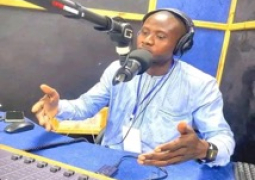
A total of US$10 million initiated by Gambia government and supported by World Bank is being shared amongst 83, 000 households across the country.
All households in Upper River, Central River, Lower River Regions, Foni and Sabach Sanjal Districts in North Bank Region are each receiving three thousand dalasi (D3,000) for the first round.
The National Nutrition Agency (NaNA), Department of Social Welfare and Department Community Development are implementing the ‘Nafa Quick’ cash transfer meant to mitigate the impact of coronavirus pandemic.
Edrissa Njie, a native of Njoro Njie Kunda said “We are really grateful to government and the World Bank for the timely project because in The Gambia, August, September and October are described by many as the hunger months”.
Mr. Njie said as farmers, they depend greatly on yearly sales of their harvests and have to ensure the daily sustenance of their families as household heads and therefore thanked government, World Bank and implementing partners for the assistance especially during this covid-19 pandemic.
Tabara Bah, a native of Medina Bai Dam, said helping vulnerable families especially during the coronavirus pandemic is commendable.
She assured donors that they will ensure their entire households benefit from the assistance by buying food items that will be consumed by their households.
Abdou Aziz Ceesay, programme manager, Health Promotion Specialist at NaNA, called on beneficiaries to be honest in receiving the assistance to ensure most deserving families benefit from the assistance.
He highlighted that in the event of a duplicate, a household will only receive one package in each phase.
He emphasised that each beneficiary must wear a mask, have a valid ID Card, Voter’s card, passport or driver’s licence to be able to receive the money, adding that non-Gambians are not left out but must produce a valid allien’s or residential permit.
The transfer started last month in Lower River Region (LRR) and Foni but could not be completed in LRR as a result of the public health emergency regulations.
However, they wrote to the Ministry of Health for clearance to continue the transfer and have also restructured and re-strategised to ensure they complete the first round of the transfer.
Meanwhile, after the completion of the first phase, implementing partners are expected to embark on a second phase where each household will receive three thousand dalasis (D3,000) again, making the total six thousand dalasis (6,000) for each household within the 30 project districts.
Read Other Articles In Headlines




